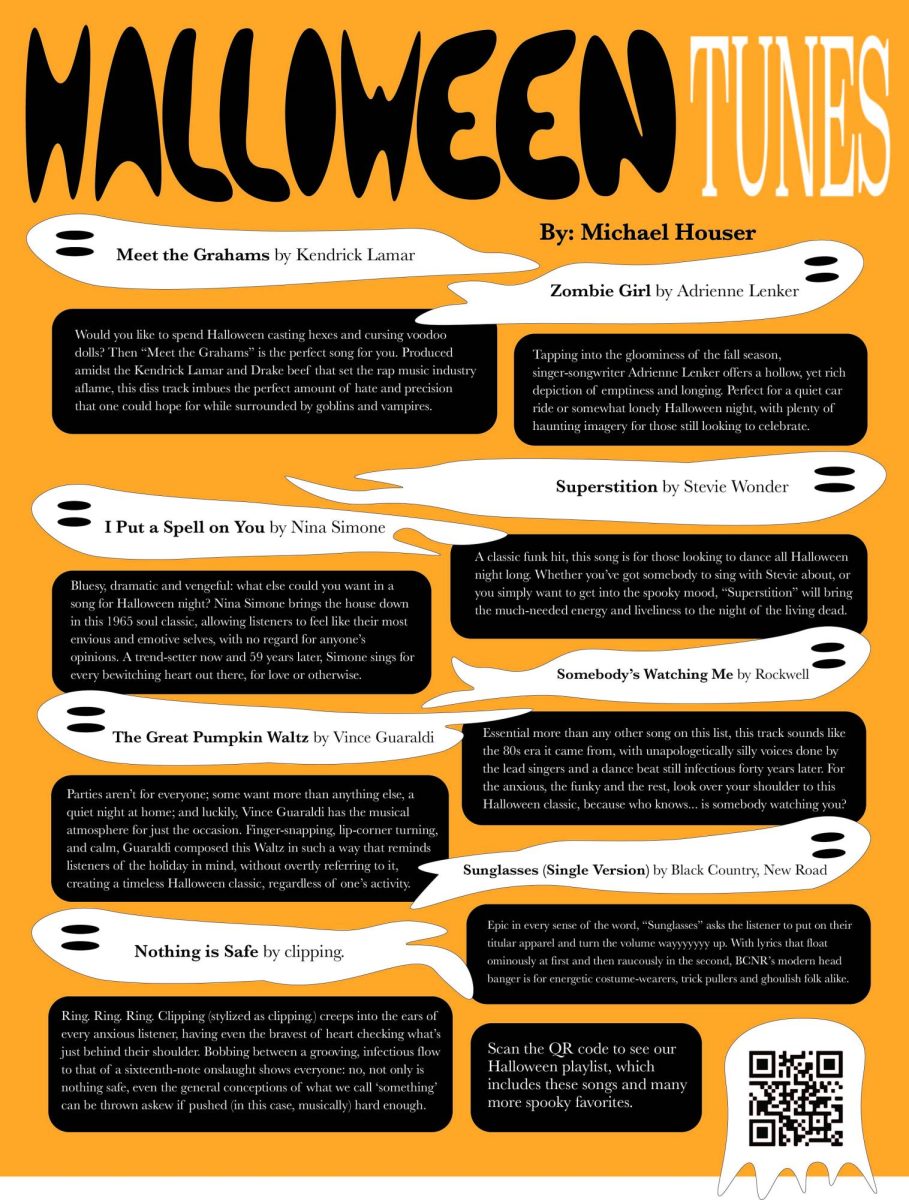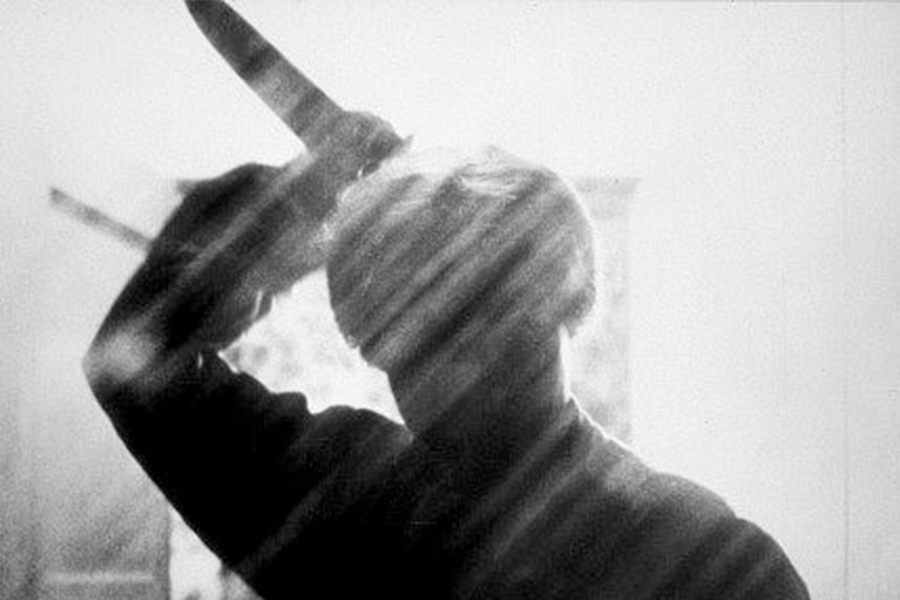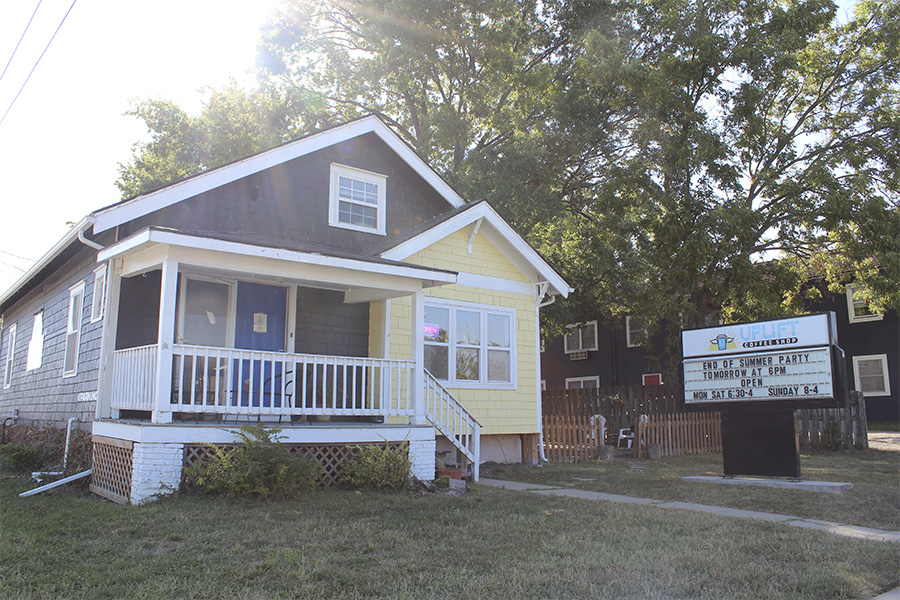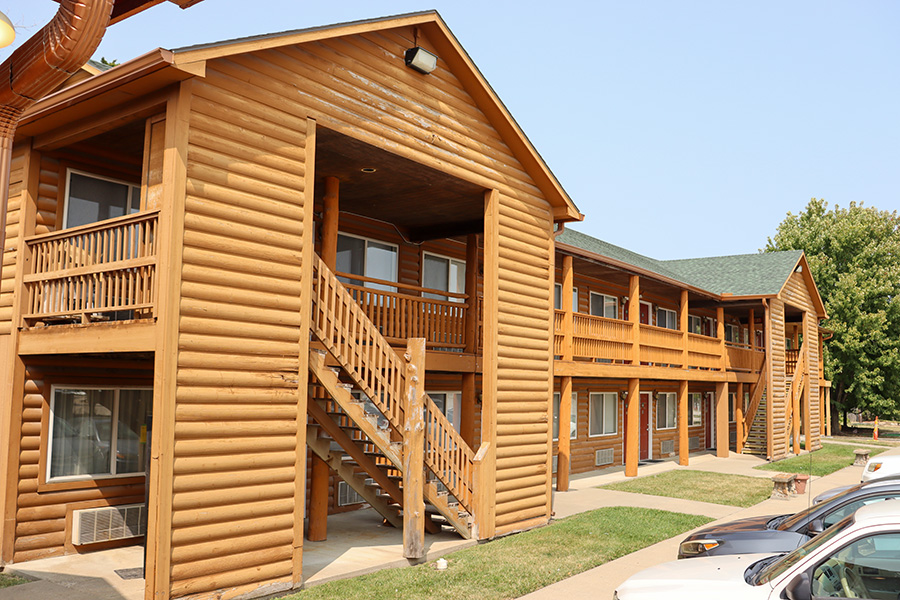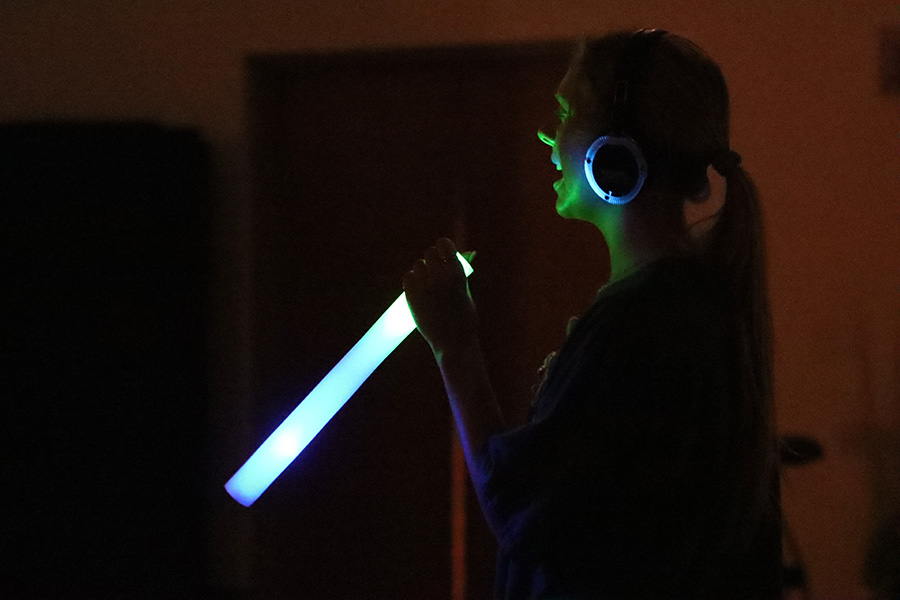Fifty years ago, students gathered around college campuses, protesting issues they felt strongly about, and current students at Baker University are following in their footsteps and encouraging others to do the same.
Members of Assistant Professor of History Leonard Ortiz’s America in the 1960s class will be demonstrating their belief that students need to become aware of and passionate about issues by performing a protest of their own called “Give a Damn.”
“We’re basically kind of challenging students to give up being apathetic,” senior Andrew Linenberger said. “It doesn’t matter what they care about, but we want them to feel strongly about something and share that with campus.”
The protest is part of an assignment for the class in order to gain the same experience students of the ’60s did.
“I could spend the semester just lecturing and telling them, ‘this is what students did in the ’60s,'” Ortiz said. “Or, I can share that with them and say, ‘OK, you want to know what it’s like?’ And, they can have the chance to feel what these students went through themselves.”
Students in the class are in charge of organizing the event themselves, and Ortiz is allowing them to make their own decisions.
The only condition is the demonstration must not break the law.
“Back when students did protests in the ’60s, they just did it and they didn’t care what faculty thought, because they wanted to talk about whatever it is they wanted to protest,” Ortiz said. “So, I wanted to give them freedom to choose whatever it is they want.”
The protest will take place at noon April 28 and will continue for 24 hours. There will be live music, as well as music from the ’60s. A PA system will be set up near Collins Library for any student to talk for five to 10 minutes about an issue of their choice.
As junior Molly Schmeidler prepared for the protest, she came across a picture in the Baker Archives of a protest taking place at the same spot. On May 11, 1971, Baker University students organized a protest against the Vietnam War. This year’s event will mark the 30th anniversary of that protest.
“We’ve been studying a lot about what it meant for students during that time, and so we’re trying to see if we can organize this event and see the same kind of challenges they had,” Schmeidler said.
Students in the class are hoping other students on campus will join them in experiencing this protest and listening to the opinions of others.
“With the political environment that we have now, there’s just two sides of an issue,” Linenberger said. “This might be a good way for students to realize even if someone’s on the opposite side of the issue than them, that there’s still some common ground there.”


